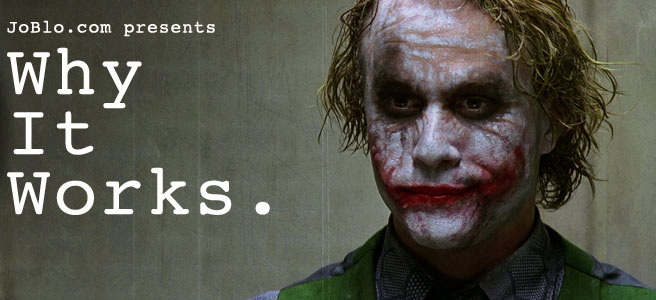 Why It Works is an ongoing column which breaks down some of the most acclaimed films in history and explores what makes them so iconic, groundbreaking, and memorable.
Why It Works is an ongoing column which breaks down some of the most acclaimed films in history and explores what makes them so iconic, groundbreaking, and memorable.
****SPOILERS AHEAD****
We're just a few short weeks from having a new Batman in our lives. I personally hoped the caped crusader would take a bit of a break after THE DARK KNIGHT RISES, but DC and Warner Bros. barely let the dust settle on Christopher Nolan's trilogy before bringing the detective back for BATMAN V SUPERMAN: DAWN OF JUSTICE. Whether you're excited for Zack Snyder's take on Bats or are worried it's going to be a steaming pile of guano, I'm guessing most of us can agree that Christopher Nolan's THE DARK KNIGHT is one of if not the best Batman films to date. Sitting pretty at #4 on IMDB's Top 250, THE DARK KNIGHT takes risks, challenges morality, and all around changes the rules of what a "comic book movie" can be. Here's why it works:
WHY WE LIKE THE CHARACTERS:
Generally speaking, superhero movies don't need to try very hard for us to be on the protagonist's side. He or she is trying to stop bad guys from doing bad things; fine. THE DARK KNIGHT, however, spends a lot of the time dealing with the gray area between right and wrong. Bruce Wayne, Alfred Pennyworth, and Jim Gordon (and to a certain extent Rachel Dawes) strive to find their own brand of justice, railing against corrupt law enforcement and an ineffectual judicial system alike. When Bruce turns to violating the privacy of citizens with his sonar device, Lucius Fox goes so far as to refuse working with him in the future should he continue such wrongdoing. District Attorney Harvey Dent, on the other hand, allows for no wiggle room and puts his faith entirely in the justice system. Appropriately enough, it's his authoritarian beliefs that aid in him cracking so profoundly when he loses everything and becomes the nefarious Two-Face.
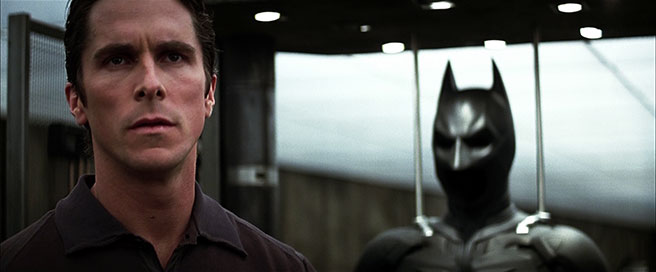 "Today I found out what Batman can't do. He can't endure this."
"Today I found out what Batman can't do. He can't endure this."
I feel like I'm missing someone. Ah, yes. Both from a writing and performance standpoint, the Joker is one of the most fascinating and unsettling villains ever put on film. We love our origin stories, and in the Joker's monologue about how his father gave him his scars, we get exactly that… until a few scenes later when he delivers a new monologue with a completely different backstory. In Alfred's retelling of his run-in with a Burmese bandit, he explains to Bruce that some people have no logical reason for doing what they do. The fact that we don't get to know the Joker's origin or motivations makes his actions that much more disturbing. Of course, all of that only goes so far if you don't have an actor who can pull it off. Enter Heath Ledger. Ledger disappears into his manic joker, giving a fearless and unparallelled performance. While the character itself can be difficult to take in, Ledger's portrayal of the clown prince is an absolute joy to watch and certainly deserving of a posthumous Oscar win.
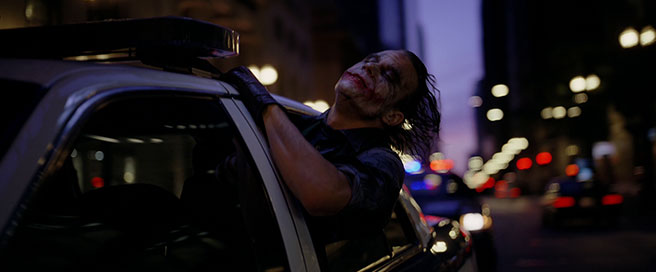 "Some men aren't looking for anything logical… some men just want to watch the world burn."
"Some men aren't looking for anything logical… some men just want to watch the world burn."
WHY WE CARE:
The plot of THE DARK KNIGHT is fairly complicated, some would argue to a fault. Between the police department, the local government, various mobs, the Joker, Bruce's personal moments with Harvey, Rachel, and Alfred, and Batman's alliances with Lucius and Jim Gordon, it can be a lot to take in. There's even a trip to Hong Kong in there somewhere. Without losing the overarching thread, Christopher Nolan is a master of fast-paced, incidental scenes. As we're introduced to all the characters and subplots, many scenes consist of only a few lines of dialogue; the camera never stops moving, as if we're gliding over Gotham City, picking up bits and pieces as we go. The dialogue-driven scenes are quick and snappy, and moments of humor, action, and suspense keep us in our seats ("how 'bout a magic trick?"). All of that said, we still have to wait quite a while for the plot to become visceral and personal. As the film progresses, we see Bruce and Rachel share an intimate moment, a one-on-one between Batman and the Joker, Rachel and Harvey's lives in danger, bombs on hospitals and packed boats, and the Gordons' lives threatened by Two-Face. Where most films start with the personal stuff and become more and more complicated as they progress, THE DARK KNIGHT asks a lot up front but rewards the viewer by both raising and personalizing the stakes as it goes.
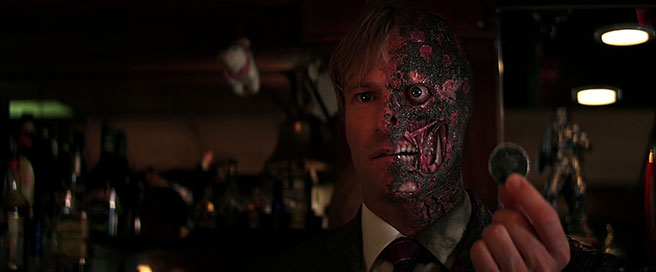 "You either die a hero or you live long enough to see yourself become the villain."
"You either die a hero or you live long enough to see yourself become the villain."
WHY WE'RE SATISFIED:
As in the previous section, there's a very simple answer here, which is that the bad guys are caught and justice has been restored to Gotham for the moment. There's a lot more going on here, though. For one, the scene with the two boats helps us regain some faith in humanity. Gotham is depicted as a very corrupt place, and it might be easy to write it off as hopeless. Given that most of us will see Gotham as a metaphor for our own reality, this simply is not acceptable, so we see a boat full of civilians and a boat full of criminals- each armed with a detonator to destroy the other boat, and if neither is destroyed by midnight, both will be. The criminals throw the detonator out the window, and when the civilians vote to press the button, no one is actually willing to do it, and so we can leave the film feeling that these are in fact people worth saving. As for the main story, Batman realizes how Gotham's citizens will feel when they realize Harvey Dent, their White Knight and symbol of hope and good, took justice into his own hands and left a trail of bodies in his wake. This is where Batman's moral gray area really comes into play. Realizing that he will never be seen as a true hero or even a good guy by Gotham's public, The Dark Knight decides to take the blame for Two-Face's actions thus allowing Dent to become a martyr and the symbol the people need.
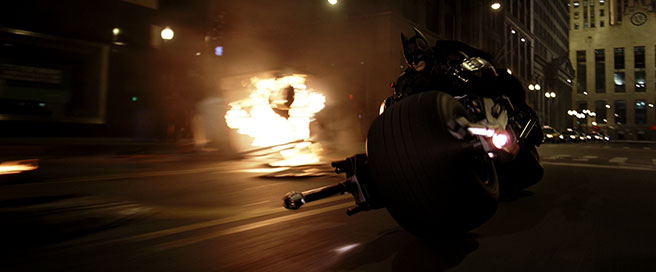 "The night is darkest just before the dawn."
"The night is darkest just before the dawn."
WHY WE REMEMBER:
While I'm sure most of you would agree Christopher Nolan is one hell of a director, I'm sure some of you also feel his eyes have gotten a bit too big for his stomach lately, with THE DARK KNIGHT RISES and INTERSTELLAR feeling a bit too ambitious at times, even for the very capable Nolan. THE DARK KNIGHT represents an excellent time in the director's career, where the intimate feel of smaller films like MEMENTO and INSOMNIA and the fantasy-as-gritty-reality style of BATMAN BEGINS and THE PRESTIGE are taken to an ambitious next level without being quite as overwhelming as his last few works. Where BATMAN BEGINS and Bryan Singer's X-MEN films showed us that superhero movies can be grounded in reality, THE DARK KNIGHT went further and showed us how a comic book movie can transcend the genre entirely to truly become a challenging, well-made, well-respected film with a lot to say. Hans Zimmer and James Newton Howard deliver another intense score, Wally Pfister makes the dark look beautiful with his Oscar-nominated cinematography, and the stellar grouping of Christian Bale, Heath Ledger, Michael Caine, Gary Oldman, Morgan Freeman, Aaron Eckhart, and Maggie Gyllenhaal is about as dream cast as it gets. We will no doubt see countless iterations of Batman and the comic book movie genre in years to come, but I think it's safe to say THE DARK KNIGHT will always hold a special place in cinema history.
Thoughts? What else worked for you? What didn't? Strike back below!
If you have any movies you'd like to see put under the microscope, let us know below or send me an email at [email protected].


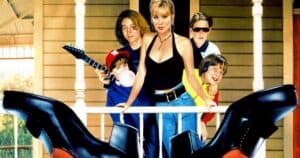
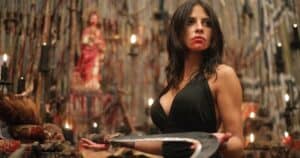
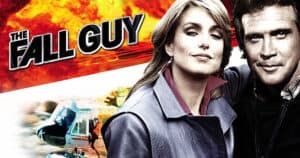
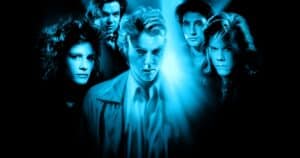

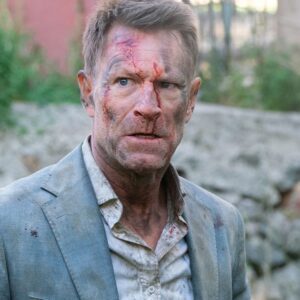
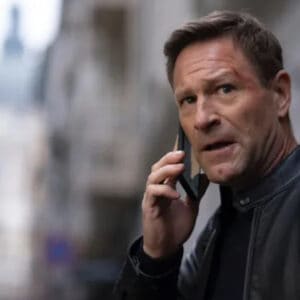
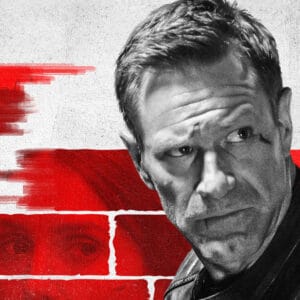
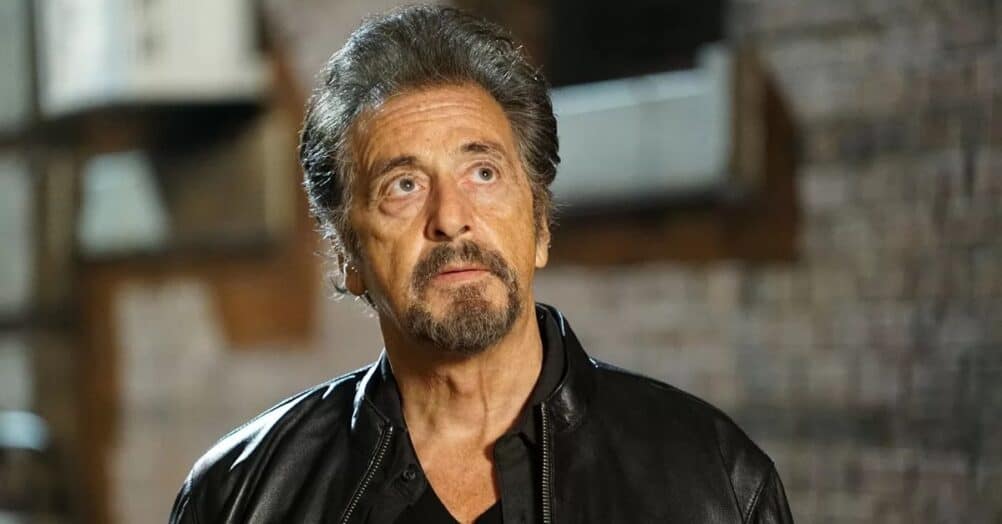
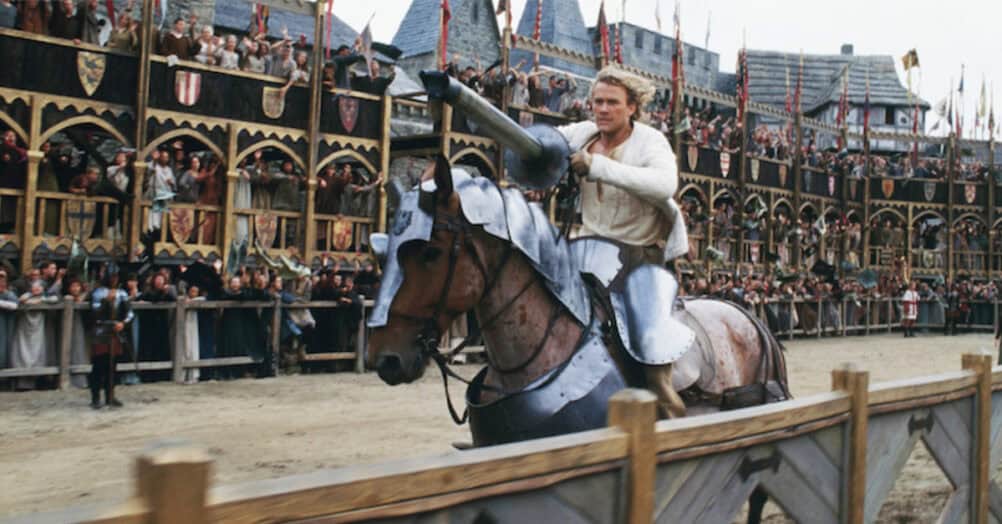
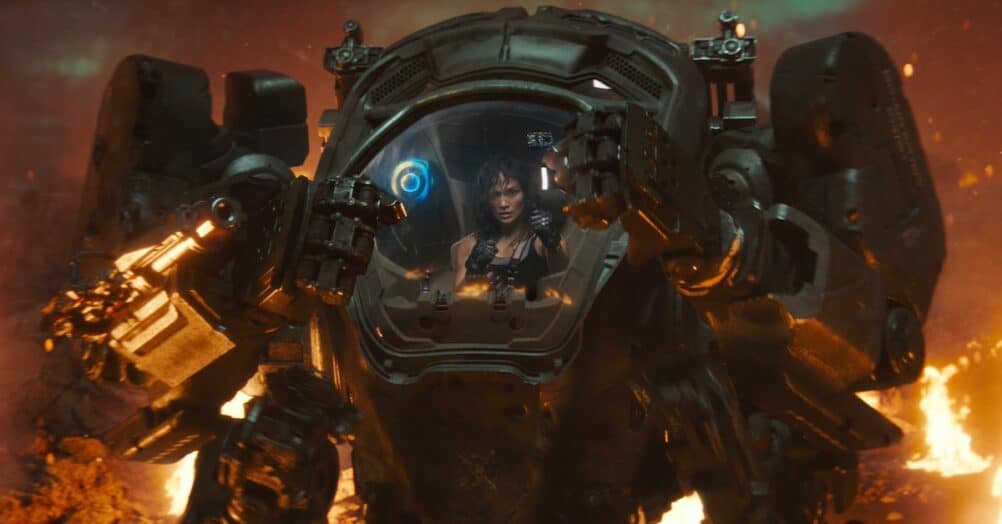
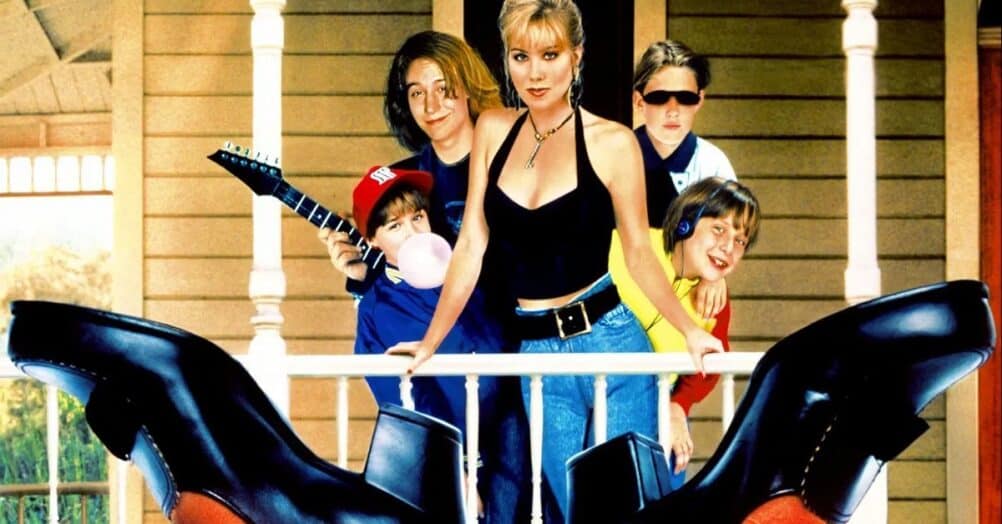

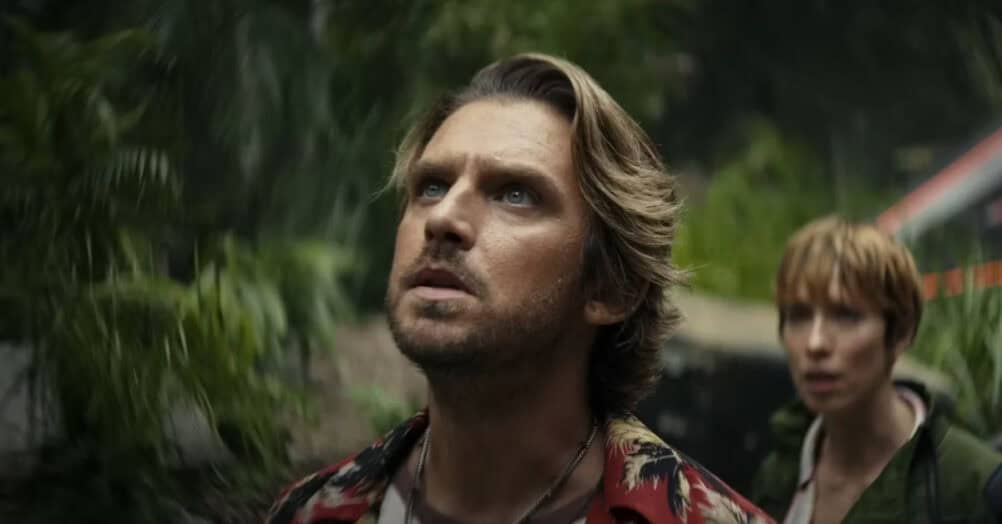
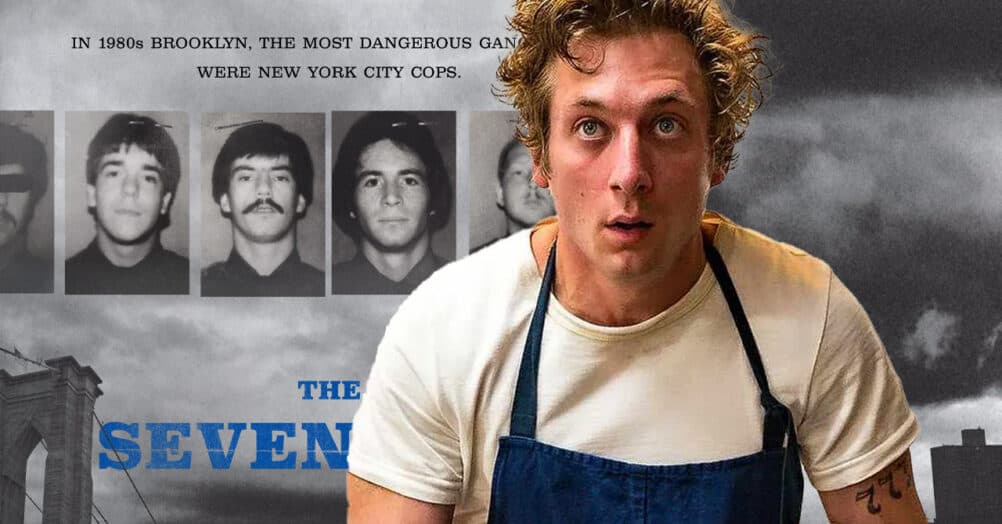
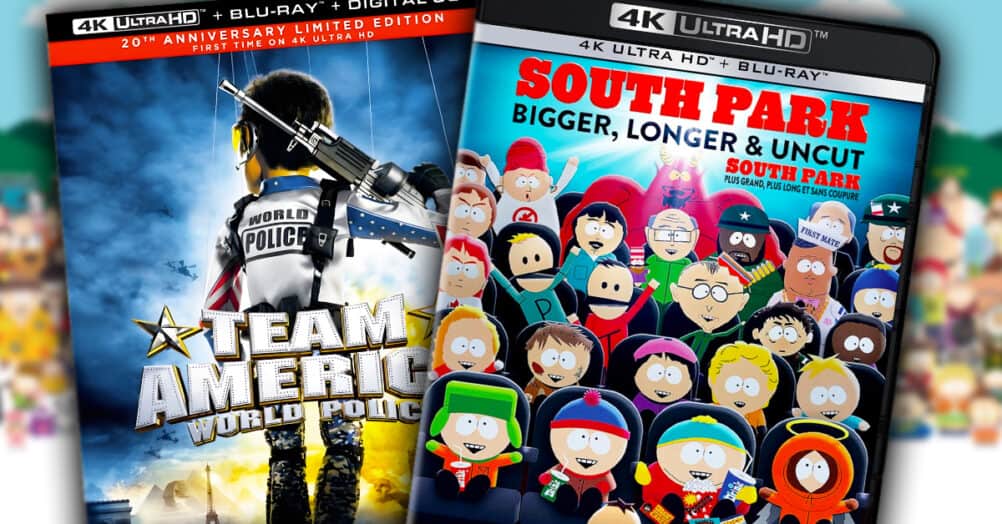
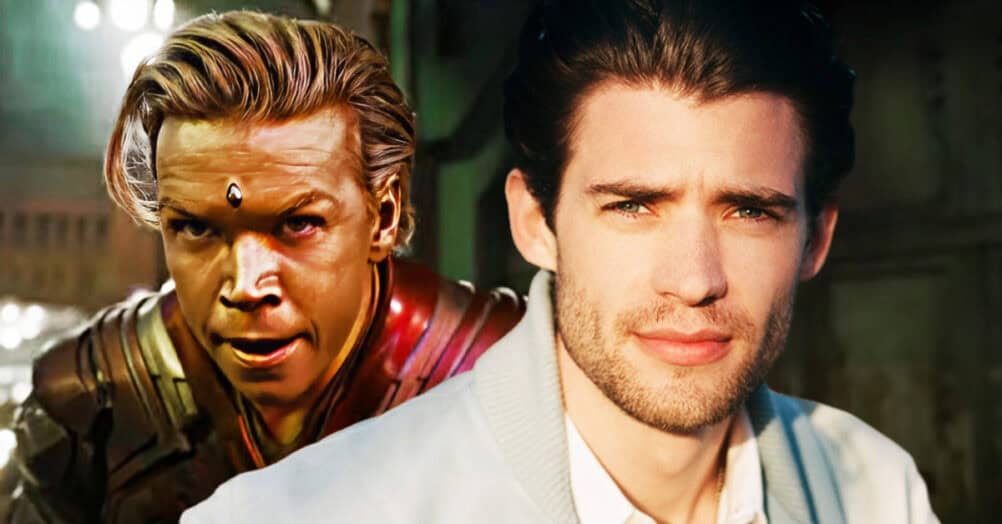
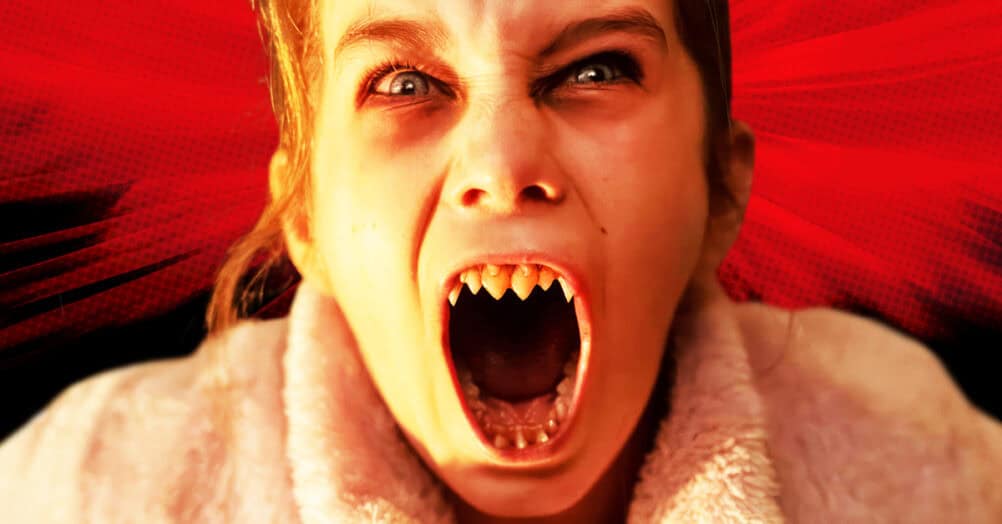
Follow the JOBLO MOVIE NETWORK
Follow us on YOUTUBE
Follow ARROW IN THE HEAD
Follow AITH on YOUTUBE